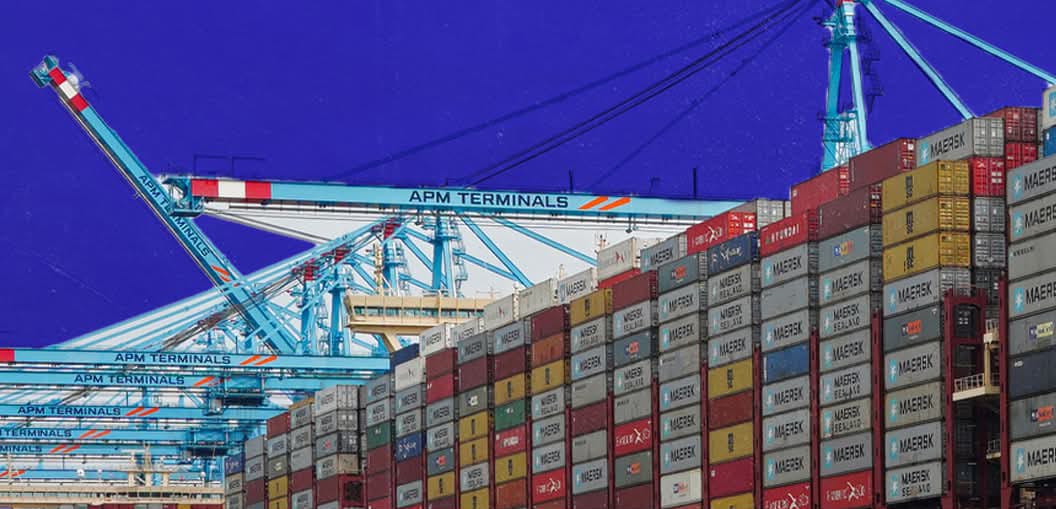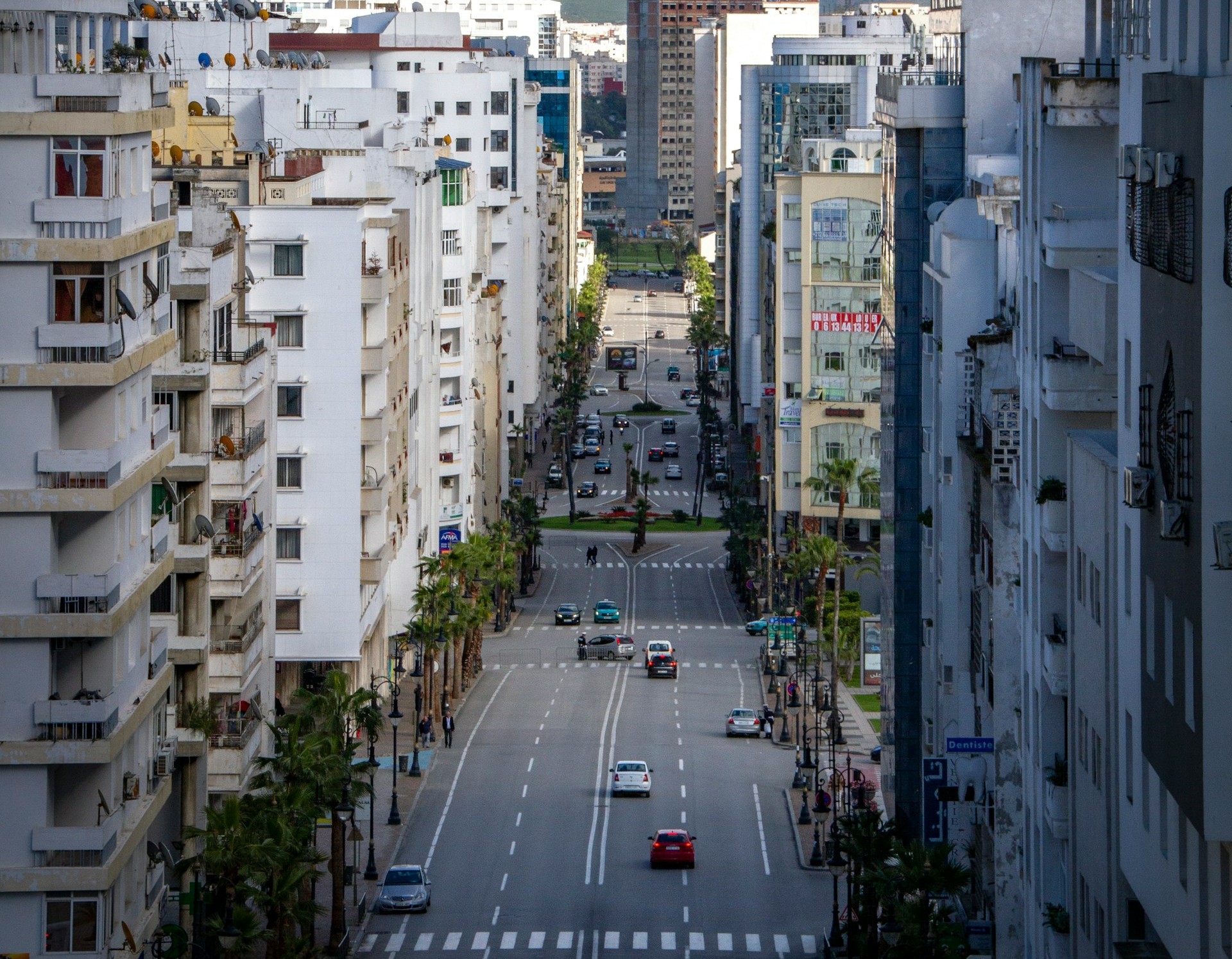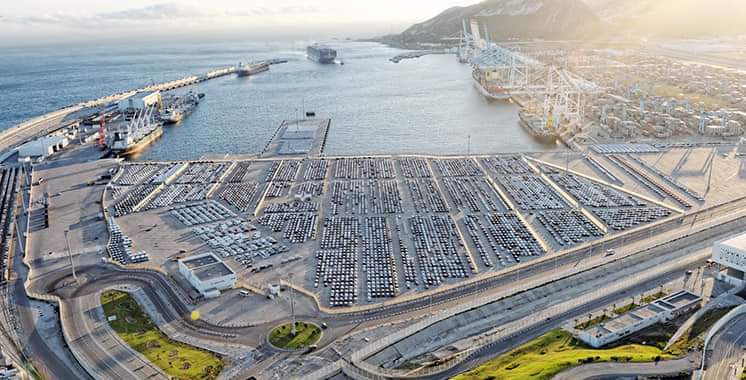Casablanca – In a recent parliamentary address, British Lord Daniel Hannan, known for his advocacy of Britain’s departure from the European Union, called upon the UK government to reassess its stance on tariffs imposed on Moroccan tomato imports. Hannan, a former Member of the European Parliament, characterized these tariffs as “absurd” remnants of EU legislation, initially intended to shield Spanish farmers from external competition in the European market.
Morocco, the second-largest tomato supplier to the UK, has faced hurdles due to these tariffs, which Hannan argues serve no purpose post-Brexit, especially considering the differences in harvesting seasons between Britain and Morocco. The disparity in timelines renders Moroccan tomatoes complementary rather than competitive to British produce.
Lord Hannan’s remarks come amidst growing concerns regarding the impact of tariffs on bilateral trade relations. Moroccan tomatoes, a significant component of British imports, faced a decline in export volumes to the UK last year, leading to noticeable shortages in British supermarkets.
Highlighting the economic significance of Moroccan tomato exports to the UK, Lord Hannan emphasized the need for policy adjustments to foster mutually beneficial trade relations. The Moroccan tomato, valued for its quality and reliability, plays a vital role in meeting British consumer demand, particularly during periods of domestic scarcity.
In tandem with Lord Hannan’s remarks, calls have intensified within British political circles to review and potentially eliminate tariffs on Moroccan tomatoes. These calls underscore the broader discourse surrounding trade policy post-Brexit, with policymakers urging pragmatic approaches that prioritize economic efficiency and international cooperation.
The British government’s response to Lord Hannan’s appeal remains crucial, as it navigates the complexities of trade policy in a post-Brexit landscape. The outcome of this deliberation holds implications not only for bilateral trade relations with Morocco but also for broader economic strategies aimed at fostering growth and resilience in a rapidly evolving global market.
Recent figures indicate that Moroccan tomato exports to the UK amounted to approximately 126 million kilograms last year, representing a significant portion of Britain’s tomato imports. Despite being the second-largest supplier after the Netherlands, Morocco’s share of the UK market faces challenges due to existing tariffs, highlighting the need for policy adjustments to enhance trade relations.
















